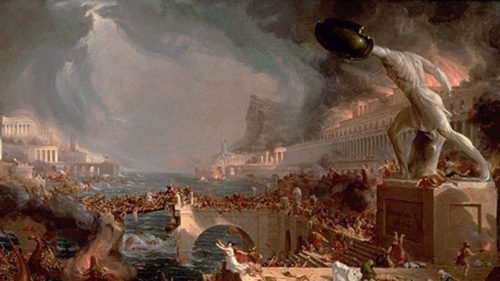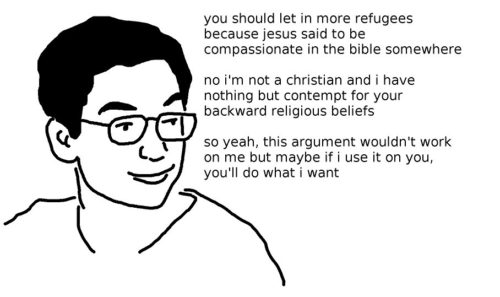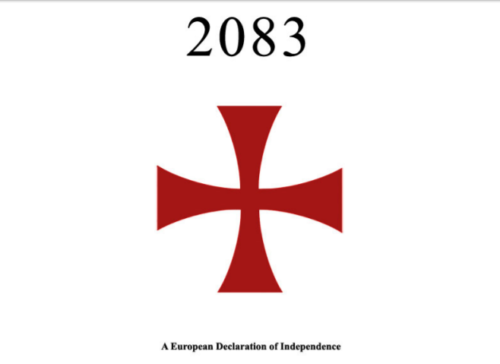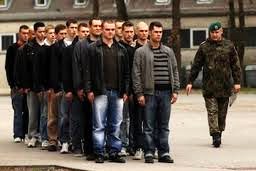
Film pundits are divided over whether or not Blade Runner 2049 can be counted as a successful film. On the one hand, it lost $80,000,000 at the box office; on the other, it has an 8.4/10 rating on the IMDB. This essay argues that not only is Blade Runner 2049 a great film, but it is evidence that the cyberpunk genre will live forever.
Cyberpunk, like Satanism and Test match cricket, is never going to find mass appeal among a Western population that hates thinking. All of these genres are acquired tastes that only a particular sort of person finds interesting – and then, they usually find it fascinating. So it’s entirely appropriate that Blade Runner 2049 did poorly at the box office but extremely well among cyberpunk fans who have a sophisticated appreciation for the genre.
Cyberpunk will always have a place in popular culture, as long as advancing technology continues to pose us moral dilemmas that bring with them the possibility of horror. New technologies will keep putting people in novel and unique situations without any previous example of how to conduct oneself, and they will continue to provide new methods to control, exploit, dominate and destroy.
Even though most new technological advances will be for peaceful and wholesome purposes, we can predict, to paraphrase William Gibson, that the street will continue to find its own uses for things, and therefore there will always be expression for people using technology to get any edge on each other.
Which means that advancing technology will continue to produce moral dilemmas that make for fascinating fiction.
The moral dilemma at the heart of Blade Runner was whether or not artificial humans could ever be considered real people, and so whether or not there was ever a moral obligation to treat them as equals, in the way that most people feel a moral obligation to treat other people as equals. Roy Batty was outraged that humans might have engineered him to have such an artificially short life span, and viewers were likely to concede that he had a point.
For whatever reason, the collective consciousness appears to have concluded that replicants are not, and can never be, conscious. Fair enough, but the moral dilemma at the heart of Blade Runner 2049 is whether or not the offspring of replicants that can breed are conscious. The characters in the film seem to glibly assume that any creature that is born must have a soul, but the question is never discussed at length by them, leaving such ruminations for the viewer.
Blade Runner 2049 poses this question in a believable and terrifying manner, and forces the reader to consider Philip K Dick’s fundamental question of science fiction: not “What if…”, but “My God, what if…” My God, what if artificial creatures that managed to replicate were actually conscious in the same way that we are conscious? What if acting to reduce the suffering of all sentient beings in the universe meant that we had to consider the offspring of replicants?
Cyberpunk is always going to raise questions like this, because it will always be true that somewhere there is a megacorporation with pockets deep enough to finance bleeding-edge technological research and application away from the watchful eyes of the government or the public, for whatever dark and twisted motives the world can surmise.
Because it did such an excellent job of posing such deep questions in a way that chills the spine of the viewer, it can be argued that Blade Runner 2049 is an excellent piece of cinema for the sort of viewer who appreciates a subtler and more cerebral tale than the usual Hollywood fare, even if it did not find mass market appeal.
*
Vince McLeod is the author of the cyberpunk novel The Verity Key, a story of ANZAC mateship in a dystopic future world where it’s possible for devices to control people’s thoughts and actions by satellite.




